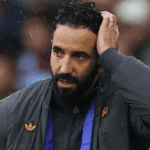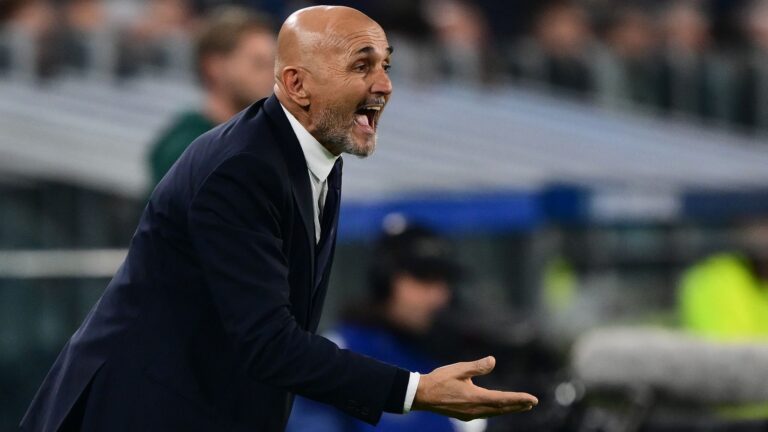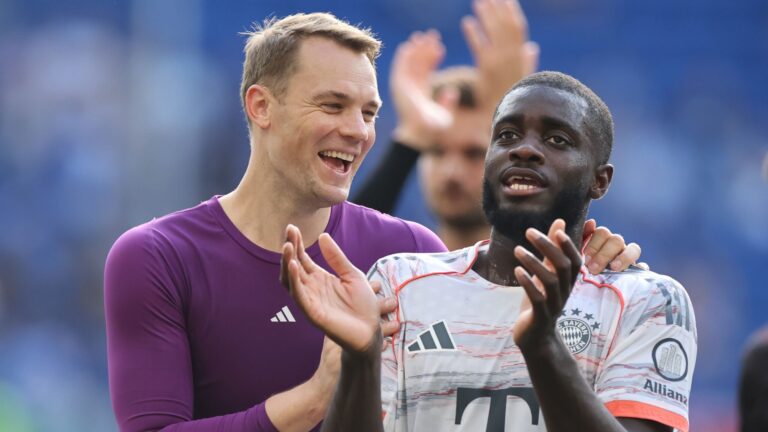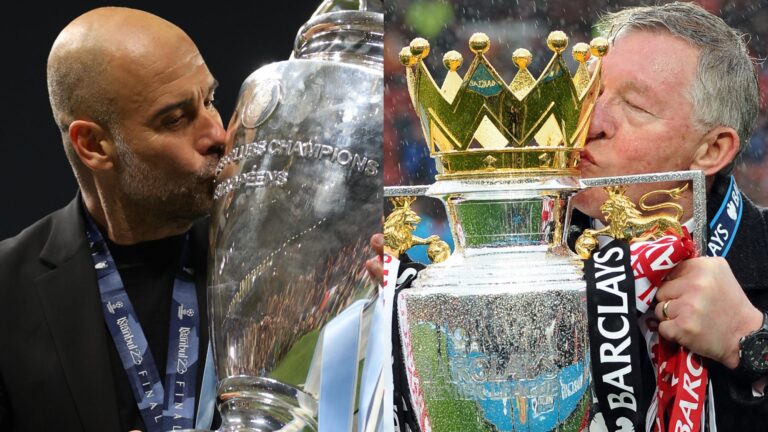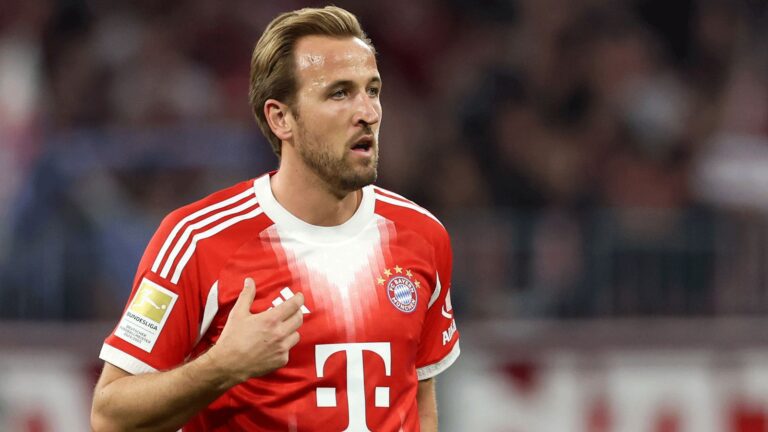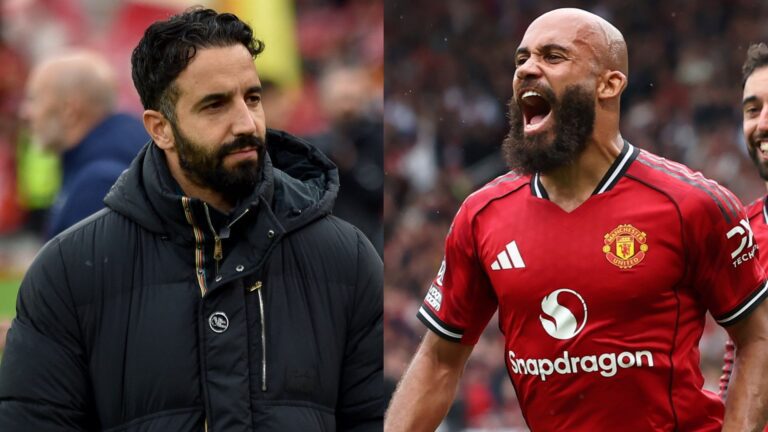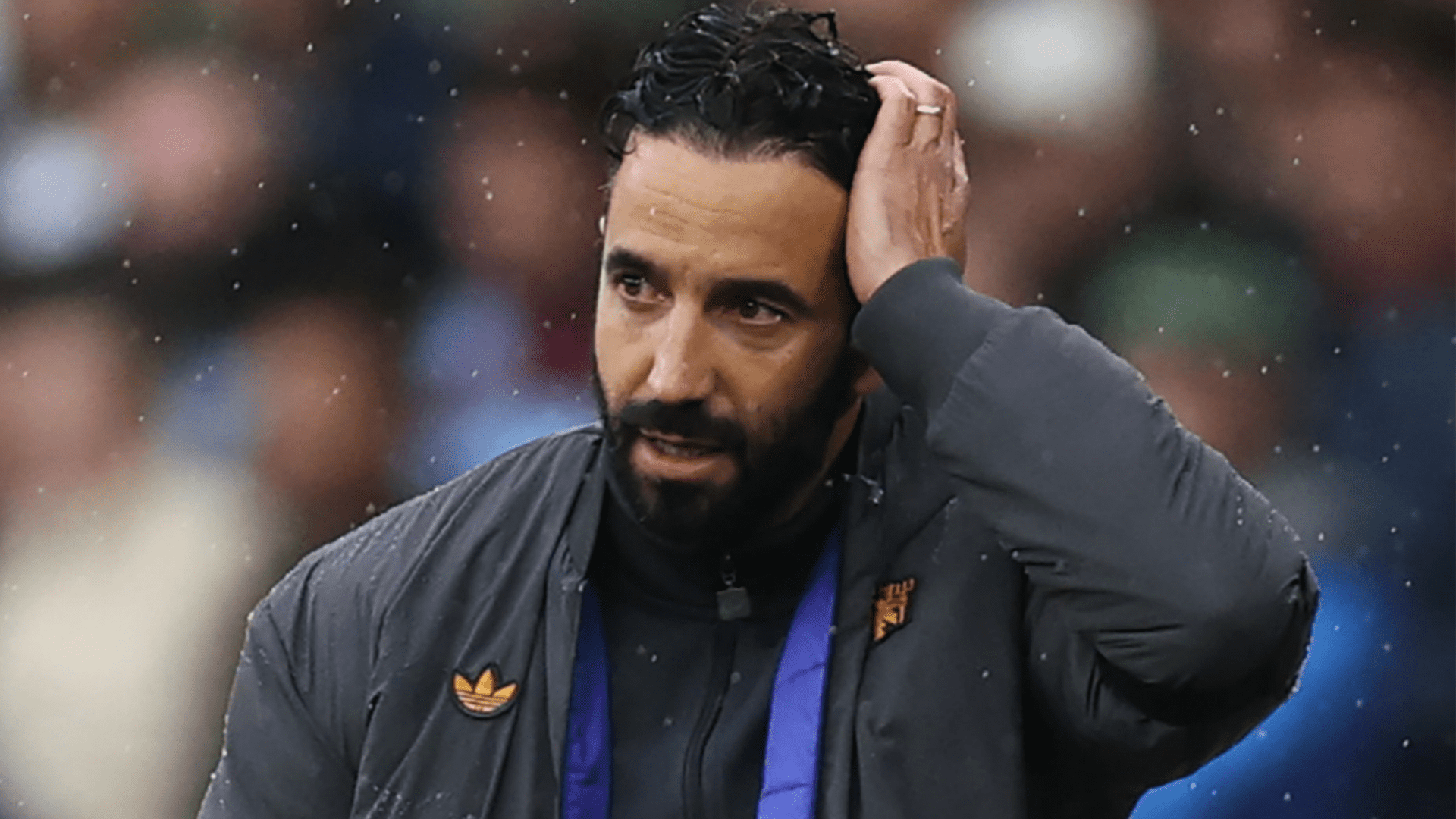

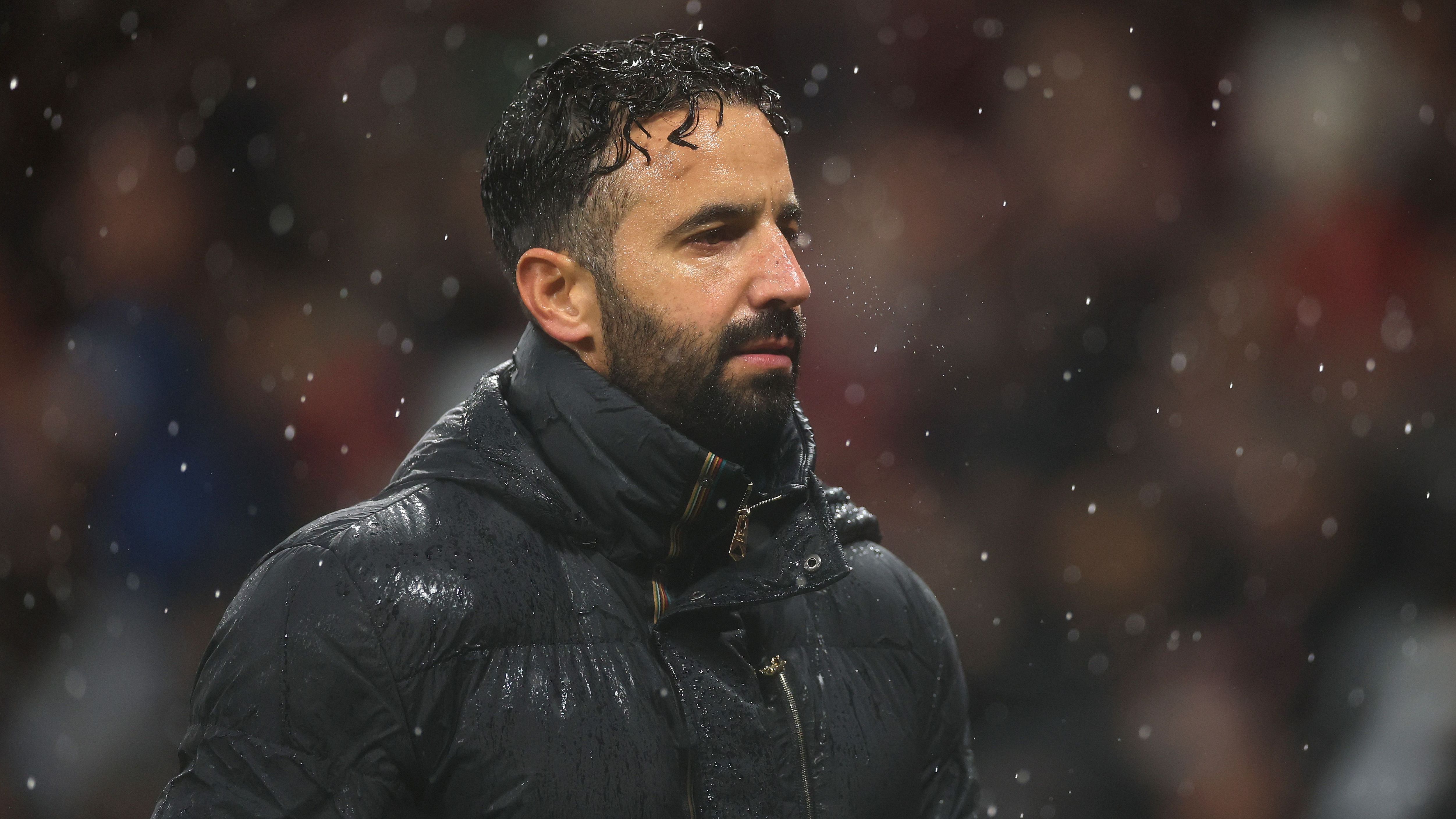
Unveiling Manchester United’s Deeper Crisis Beyond Ruben Amorim
With just 34 points collected from 33 Premier League matches, Manchester United and Ruben Amorim are facing a challenging reality, marked by the team’s poorest league performance in history last season. The ongoing difficulties show little improvement, as evidenced by a disappointing 3-1 defeat against Brentford-their third loss in six outings-pushing them deeper into the mid-table struggle. Even the legendary Old Trafford venue has lost its once-electric atmosphere.
Glen Johnson’s Perspective on Manchester United’s Core Issues
Former England and Premier League star Glen Johnson argues that Ruben Amorim is more of a casualty than a culprit in Manchester United‘s woes. As a ex-defender for Chelsea and West Ham, Johnson offers a candid critique, asserting that the club’s challenges extend well past the coach’s strategies on the field.
Reasons for Persistence at the Club
Johnson suggests that Manchester United might opt to support Ruben Amorim through this rough patch, given the frequent managerial changes in recent years. “The club could realize that constant turnover isn’t solving anything,” he shared during a chat with 10bet. “Given their current lineup, the players lack the quality needed to compete with elite teams. That’s the real reason Manchester United is struggling-not due to the coach. Losses stem from the team’s inadequate capabilities.”
The Decline from Past Dominance
In Johnson’s view, Manchester United has faded from its former stature as a dominant force in Europe, now appearing as a vulnerable outfit that falters easily under pressure. He elaborated, “The glory days of Manchester United are a distant memory. Fans still hope for a return to the top four, but the team is far from it. They’ve demonstrated over time that they’re not up to par, so it’s unfair to solely blame the manager. Major overhauls are essential. If they remove Ruben Amorim, the next leader will face the same roster-what real difference would that make?”
No Quick Fix in Sight
Johnson emphasizes that no coach could swiftly transform the situation with the existing players, viewing Ruben Amorim as just the most recent figure to bear the brunt. “I wouldn’t endorse any manager to resolve this, as the patterns with these players have persisted for years,” he noted. “The repeated errors are disheartening. I sympathize with this coach and the one who follows, as they’ll always take the fall and end up dismissed. In their current form, no leader can restore Manchester United to prominence anytime soon.”
Scrutiny of Defensive Weaknesses
Johnson’s most pointed remarks target Manchester United‘s unreliable defense, mocking their failure to handle simple scenarios and urging a fundamental rethink.
Inconsistency and Foundational Flaws
“The team exhibits extreme variability, especially defensively, which is alarmingly poor,” he stated. “Without a solid base, building any reliability is impossible. As a premier club with a storied reputation, Manchester United once set the standard, but now they struggle with basic plays like a straightforward 50-yard pass. It’s baffling to witness. They must revert to essential principles, not just those of the Premier League, but even down to youth-level fundamentals.”
Upcoming Challenges
Looking ahead, Manchester United will confront Sunderland this Saturday in the Premier League, a match that was once seen as an easy win. However, with the team in disarray, it now poses another risky encounter. Ruben Amorim will once again lead from the sidelines, banking on his squad to display more resilience. Yet, as Johnson cautioned, without mastering the core elements, the identity of the manager won’t alter the outcome.
The Rise of Ruben Amorim in Football Management
Ruben Amorim has quickly become a hot topic in football circles, especially with rumors swirling about his potential move to Manchester United. As fans and analysts defend his appointment, the emphasis is on how the club can return to fundamental football principles like possession-based play, defensive solidity, and youth development. These core elements have defined Amorim’s success at Sporting CP, where he’s transformed the team into title contenders. By focusing on keywords such as “Ruben Amorim tactics,” “Manchester United rebuild,” and “fundamental football principles,” we can explore how this approach could revitalize the Red Devils and boost their performance in the Premier League.
Amorim’s Tactical Approach and Its Relevance to Manchester United
Ruben Amorim’s tactics emphasize a high-press system combined with quick transitions, drawing from the likes of Pep Guardiola and Jürgen Klopp. At Sporting CP, he’s implemented a 3-4-3 formation that prioritizes midfield control and exploiting spaces, leading to impressive results in domestic leagues. For Manchester United, who have struggled with inconsistency and a lack of identity under previous managers, adopting these fundamental football principles could be a game-changer.
Key aspects of Amorim’s style include:
- Emphasis on possession: Teams under Amorim maintain high possession rates to dictate the game’s pace, reducing opponents’ chances and creating scoring opportunities.
- Defensive organization: His setups focus on compact defending, ensuring that players track back and maintain shape, which could address Manchester United’s vulnerability to counter-attacks.
- Youth integration: Amorim has a knack for blending academy talents with experienced players, promoting a sustainable model that aligns with Manchester United’s rich history of developing stars like Marcus Rashford.
This tactical blueprint could help Manchester United rediscover their roots as a club built on attacking flair and resilience, keywords that resonate with fans searching for “Ruben Amorim Manchester United” strategies.
Benefits of Reverting to Fundamental Football Principles
Shifting back to basics under Ruben Amorim offers numerous advantages for Manchester United. Fundamental football principles like simplicity in build-up play and strong team cohesion can enhance overall performance, making the squad more adaptable and less prone to errors. For instance, prioritizing ball retention over risky passes could lower the concession rate, as seen in Amorim’s Sporting side, which boasted one of the best defensive records in the Portuguese league.
Some key benefits include:
- Improved player morale: When players understand and execute basic principles effectively, it builds confidence and reduces frustration, leading to better on-pitch decisions.
- Long-term success: Clubs that focus on fundamentals, such as positional discipline and quick counter-attacks, often see sustained results, helping Manchester United climb the Premier League table.
- Fan engagement: Returning to core values resonates with supporters, potentially increasing attendance and online interactions around terms like “Ruben Amorim philosophy.”
By incorporating these principles, Manchester United could optimize their SEO visibility through content that highlights real-world applications, attracting readers interested in “football tactics analysis.”
Practical Tips for Implementing Fundamental Principles
If Manchester United aims to defend Ruben Amorim’s vision, practical steps are essential for seamless integration. Start by analyzing training sessions to ensure drills reinforce basic skills like passing accuracy and pressing intensity. Coaches could use video reviews to break down matches, focusing on moments where fundamental football principles were either upheld or neglected.
Here are some actionable tips:
- Incorporate daily drills: Begin each session with exercises on short passing and movement off the ball to build habits that support Amorim’s style.
- Player rotation for balance: Rotate squad members to maintain freshness, ensuring defenders and midfielders are equally versed in fundamental roles.
- Data-driven adjustments: Use performance metrics to track progress, such as pass completion rates or defensive recoveries, to fine-tune strategies aligned with “Ruben Amorim methods.”
These tips not only address immediate needs but also promote a culture of continuous improvement, which is crucial for teams searching for “Manchester United tactical overhaul.”
Case Studies: Successful Adoptions of Fundamental Principles
Looking at case studies from other clubs provides valuable insights into how fundamental football principles can turn things around. For example, Liverpool under Jürgen Klopp revitalized their game by emphasizing high-intensity pressing and counter-attacking speed, leading to a Premier League title in 2020. Similarly, Leicester City’s unexpected 2016 win showcased the power of defensive fundamentals and opportunistic attacks.
In Ruben Amorim’s case, his turnaround at Sporting CP serves as a prime example. When he took over in 2020, the team was mid-table, but by focusing on core principles like midfield dominance and set-piece execution, they won the league in 2021. This mirrors what Manchester United could achieve, drawing parallels for readers exploring “Ruben Amorim success stories.”
First-Hand Experiences and Player Perspectives
Drawing from player accounts, those who’ve worked under coaches like Amorim often highlight the transformative impact of fundamental football principles. Former Sporting player Pedro Porro praised Amorim’s “clear and demanding” approach, noting how it simplified complex games and boosted confidence. For Manchester United players, adapting to this could mean sharing similar experiences, fostering a more unified squad.
In essence, these first-hand insights underscore the need for Manchester United to embrace such strategies, ensuring keywords like “defending Ruben Amorim” feature in discussions about club evolution. By blending these elements, the article not only informs but also engages readers on the path to revival.

